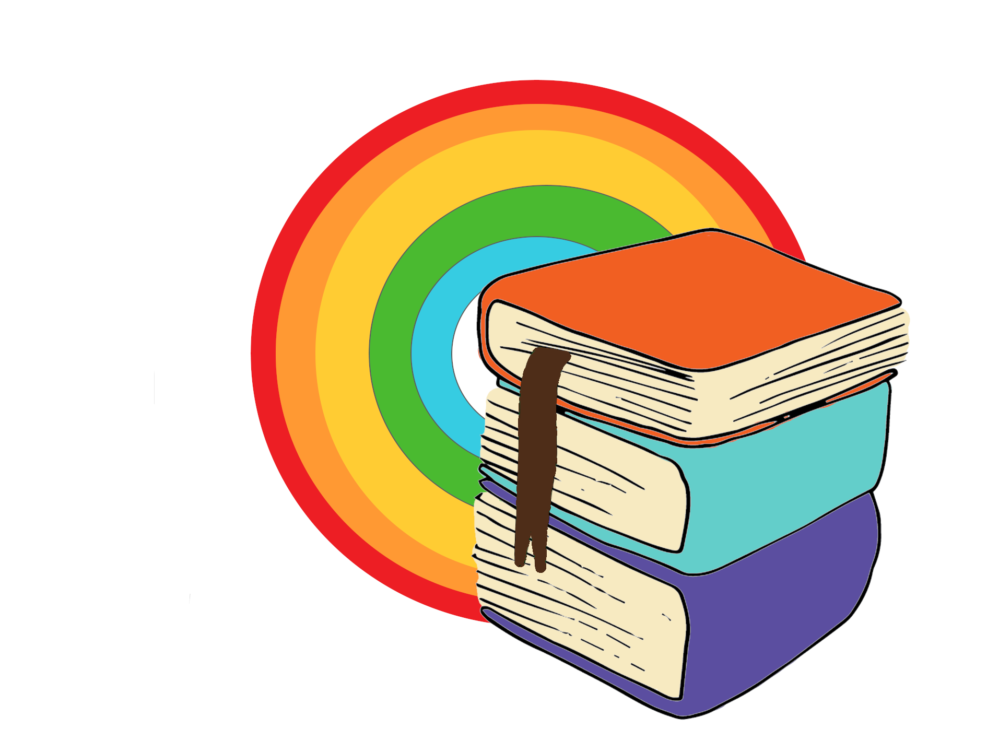Event featured the work of Victoria’s mayor, Youth Poet Laureate, and queer writers from across the island

“I love being surrounded by so many lesbians right now,” laughed Youth Poet Laureate Aziza Moquia Sealey-Qaylow, in front of the crowd in the City Hall Antechamber on July 3.
This was Wilde About Sappho — a literature reading event at which a wildly diverse collection of LGBTQI2S artists took to the podium to honour the fact that, 50 years ago, Canada decriminalized same-sex relationships.
John Barton, Victoria’s Poet Laureate and host of the event, acknowledged his respect to the fact that the event’s date also hovered around the 50-year mark of the brutal Stonewall Riots in Manhattan, N.Y. — a catalysing event in America’s slow progression toward acceptance. The atmosphere of Wilde About Sappho was reverent but celebratory, and when Barton introduced the artist roster and laughed that “classical poets” are only “what Insta-poets call the rest of us,” he kicked off an evening of wit and honour and poignancy.
After Barton introduced himself as Victoria’s first queer poet laureate, Mayor-by-day, poet-also-by-day Lisa Helps introduced herself as Victoria’s first queer mayor. She opened the evening with poems that combined love and climate change.
“Fuel for the next generation is different,” read the ending of her final poem, “[it is] sunlight, wind, and the work of women.”
Sealey-Qaylow delivered a stark and heartbreaking story within her poetry, sharing tales of love, loss, and assault. But she smiled to the crowd while she read, made eye contact, and delivered each poem with an underlying message of strength.
“I’m going to be shitting out rainbows and sunshine for the rest of my dysfunctional and ever-changing life,” she said, concluding her final poem of the night. “I will write poetry.”
After the readings, Sealey-Qaylow said she originally began writing because it was a way to “express thoughts in a way that’s less awkward than talking,” and that it was “a better grounding of myself, in private.”
She also reflected on the hope that emanated her words and her delivery.
“I used to only write dark poetry because my life was dark,” said Sealey-Qaylow. “But I’ve realized, why should my writing only be negative?”
She writes hard and clear about what hurts, but also about what’s beautiful.
“I’ve only recently started sharing poetry about my assault,” Sealey-Qaylow shared. “And now I write about my life being mixed, and being lesbian. We’re on the upswing.”
Five other talented wordsmiths shared the podium with Helps and Sealey-Qaylow, ranging from student slam poet Byron Sollazzo, to multi-genre artists Arleen Paré and Anne Fleming, to non-fiction writer Darryl J McLeod, and (“classical”) poet Brian Day.
Sollazzo noted that the event felt different than any others he’d read at because of the diversity of the crowd.
“Being here, I realize that I’m a different part of poetry,” he said, referring to his slam and spoken word style. “On the slam team in high school, we all performed with the same rhythm, same cadence, and then were judged.”
He looks back fondly at his days competing, but with the older demographic of the Wilde About Sappho crowd, the multi-genre performances, and the lack of a competitive component, the event related closer to the role that writing now plays in his life.
“I’m not pursuing [writing] as a career because I don’t want it to become a job… [Wilde About Sappho] was an accepting audience.”
Helps also commented on the range of age and experience that the collection of artists brought to the event.
“It’s an honour to share the podium with such a diverse group of people,” she said.
Happy 50th anniversary, Canada, of choosing love.







